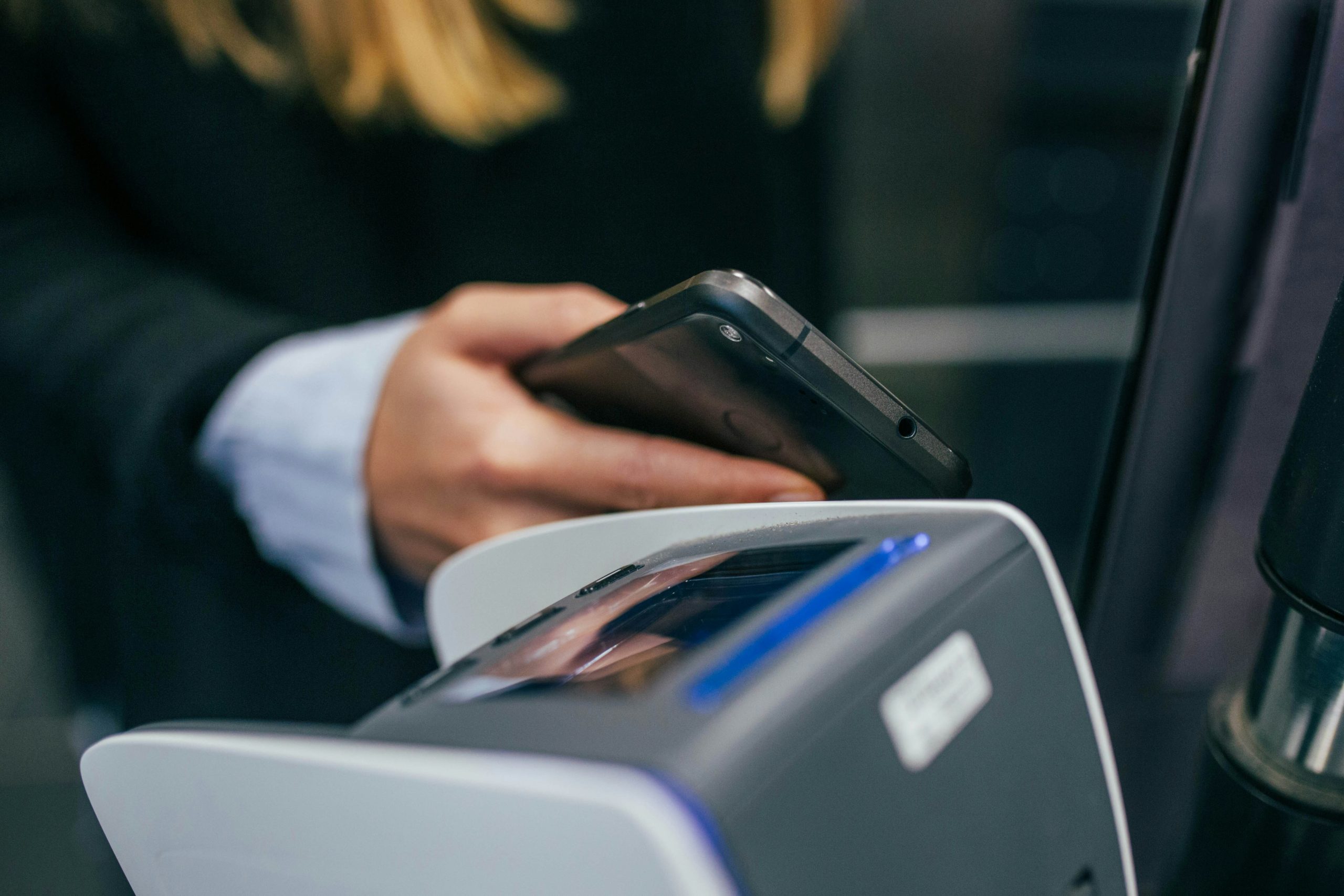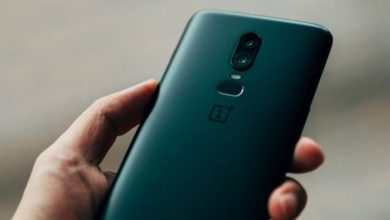Why did my payment fail on PhonePe?

In a world where digital transactions are as commonplace as morning coffee, encountering a payment failure on platforms like PhonePe can be both frustrating and bewildering. Imagine you’re all set to make that much-anticipated purchase—maybe new shoes for an upcoming event or ordering dinner after a long day—only to be met with the dreaded notification: Payment Failed. It’s not just an inconvenience; it can feel like being locked out of your own wallet.
But what causes these hiccups in our seamless digital experience? Is it a technical glitch, insufficient funds, or something else entirely lurking beneath the surface? In this article, we’ll dive deep into the various reasons behind payment failures on PhonePe and equip you with tips to navigate this common yet perplexing issue. Whether you’re a seasoned user or new to the app, understanding these challenges will empower you to troubleshoot effectively and ensure your transactions go through without a hitch.
Common Reasons for Payment Failures
Payment failures on PhonePe can often be attributed to a handful of common issues that many users encounter. One prevalent reason is inadequate account balance or insufficient funds in the linked bank account. While it may seem like a straightforward oversight, many individuals rely heavily on their digital wallets without regularly checking their bank balances. This disconnect can lead to unexpected transaction declines, prompting frustration for users who believe they have enough in their accounts.
Another frequent culprit is connectivity problems; a weak internet connection can disrupt the transaction process. Users might not realize that even a momentary lapse in connectivity can cause timing issues with the payment gateway, leading to incomplete transactions. Additionally, technical glitches within the app or server-related issues during peak hours can further exacerbate payment failures. By understanding these nuances, users will be better equipped to navigate potential pitfalls and streamline their payment experiences on PhonePe.

Insufficient Balance in Your Account
When you attempt a payment on PhonePe and receive a notification about insufficient balance, it can feel like a frustrating roadblock in your financial transactions. However, this situation often serves as an important reminder to re-evaluate your spending habits and budgeting strategies. It’s easy to lose track of your balance, especially when faced with numerous subscriptions and one-time purchases that can quickly deplete funds in your account. This moment might prompt you to embrace more robust financial tracking methods or even consider setting alerts for low balances.
Moreover, it’s essential to recognize the broader implications of insufficient funds. In today’s fast-paced digital world, payment failures not only disrupt immediate purchases but may also affect long-term relationships with service providers or merchants who rely on timely payments. Every failed transaction sends a subtle message about trustworthiness; frequent issues could lead merchants to reconsider their engagement with customers reliant on digital wallets like PhonePe. By maintaining sufficient funds and staying proactive in managing finances, you reinforce your credibility in the marketplace while promoting smoother transactions moving forward.
Utilizing features within banking apps that notify you of spending patterns or upcoming bills can transform unforeseen balance shortfalls into manageable experiences. Instead of viewing insufficient balances merely as hiccups in the payment process, think of them as opportunities for better financial awareness and growth. With intention behind each transaction and strategic planning for fund allocation, you’ll be well-equipped against future surprises—ensuring that your payments go through seamlessly every time.
Issues with Linked Bank Accounts
Linked bank accounts, while designed to streamline transactions, often introduce a plethora of challenges that can disrupt your payment experiences on platforms like PhonePe. First and foremost, discrepancies between the app’s records and your bank’s statements can lead to confusion. For instance, if there are delays in transaction updates or pending balances aren’t correctly reflected, users might find themselves operating under false pretenses. This dissonance not only risks failed payments but also erodes trust in the digital wallet system.
Moreover, sudden changes made by banks—like card renewals or account restrictions—may catch users off guard, causing anticipated payments to stall unexpectedly. Additionally, regulatory hurdles or service outages from either the bank or PhonePe can create opaque barriers that are frustratingly difficult to navigate. As you rely on quick and seamless transactions for daily activities, understanding these potential pitfalls becomes essential for making informed decisions about your linked banking options. Being proactive in managing linked accounts is key; monitoring both your app settings and bank notifications could save you from unexpected transaction failures down the road.

Network Connectivity Problems and Solutions
Network connectivity issues often play a silent but critical role in payment failures on platforms like PhonePe. A subpar connection can lead to timeouts, payment processing errors, or disruptions that cut off essential communication between your device and the server. Even in areas with seemingly adequate network coverage, fluctuating signal strength can affect data transfer rates. This variability may cause transactions to hang or fail entirely, leaving users frustrated without understanding the root cause.
To mitigate these problems, it’s crucial to routinely check your internet connection before initiating a transaction. Utilize tools like speed tests to gauge your bandwidth and ensure you’re operating smoothly during peak usage hours. Moreover, switching between Wi-Fi and mobile data can provide insights into whether your issue is local or network-wide; sometimes, a simple toggle is all it takes to restore functionality. Keeping device software up-to-date also enhances compatibility with service updates from apps like PhonePe, which are designed to seamlessly adapt as technology evolves. Recognizing these factors not only empowers users but also enhances their transaction experience by minimizing disruptions stemming from network-related issues.
Outdated App Version or Bugs
Outdated app versions can often be the silent culprits behind payment failures on PhonePe. When users neglect to update their apps, they miss out on crucial bug fixes and improvements that enhance functionality and security. These updates are developed in response to user feedback and emerging issues within the platform, meaning that continuing to use an outdated version puts you at risk of encountering glitches or other disruptions during transactions. In a fast-evolving digital landscape, having the latest version ensures you’re equipped with all necessary features for seamless payments.
Moreover, the convergence of bugs and outdated interfaces can create a frustrating user experience. Imagine initiating a transaction only for it to stall inexplicably — this could very well stem from compatibility issues rather than financial insufficiency on your end. Regular updates not only patch these pesky bugs but also incorporate optimizations for hardware and operating systems that keep your smartphone running smoothly with the app. As tech continues its relentless pace, staying abreast with updates is more critical than ever; it’s your first line of defense against unexpected failures during important transactions.
Server Issues on PhonePe’s End
When users encounter payment failures on PhonePe, server-related issues can often be the unseen culprit. Unlike physical transactions where tangible elements can be pinpointed, digital platforms like PhonePe rely heavily on robust server infrastructure to facilitate seamless operations. Periods of high demand or unexpected bottlenecks can overload these servers, leading to disruptions that create a frustrating experience for users attempting to make quick payments. It’s essential to recognize that even minor glitches in the backend can cascade into larger issues, affecting thousands of transactions simultaneously.
Moreover, regular maintenance and updates conducted by service providers might also result in temporary outages or slowdowns. While these measures are vital for security and improved functionalities, they sometimes catch users off guard at critical moments—like when you’re trying to finalize a transaction before an impending deadline. Understanding this aspect not only helps manage expectations but also emphasizes the importance of patience during such occurrences. After all, technology is intricately woven into our daily financial tasks; acknowledging its complexities allows us to navigate the digital payment landscape more effectively while mitigating undue stress when things go awry.

Steps to Troubleshoot Payment Failures
When you encounter a payment failure on PhonePe, the first step is to inspect your internet connection. A weak or unstable network can disrupt communications with the payment server, leading to transaction frustrations. Consider switching between Wi-Fi and mobile data to determine if that resolves the issue. Additionally, it’s wise to check for any ongoing service outages reported by PhonePe or your bank—these could hinder transaction processing.
Next, reviewing your account limits and linked bank details can reveal hidden culprits behind failed payments. Ensure that your transaction does not exceed existing limits set by either PhonePe or your financial institution; these thresholds often change without notice due to policy updates. Moreover, double-checking that your bank account is properly linked and not facing issues such as insufficient balance or restrictions will help in quickly diagnosing problems. Lastly, clearing the app cache or updating the application might eliminate glitches lingering from previous sessions, providing a fresh slate for transactions ahead.
Conclusion: Resolving Your Payment Challenges
Resolving your payment challenges on PhonePe requires a multifaceted approach. First, it’s essential to be proactive by keeping your app updated and ensuring that all personal information is accurate. Outdated applications or incorrect details can lead to frustrating transaction failures, but staying ahead with regular checks helps mitigate these issues. Moreover, checking network connectivity before making transactions can save you from unnecessary delays and confusion.
Navigating the specifics of UPI limits and bank-linked account settings also plays a crucial role in streamlining your payment experience. Understanding the maximum transaction limit imposed by your bank—the reason behind many failed attempts—can empower you to make informed decisions while spending or transferring money. Lastly, remember that patience is vital; if an issue persists despite troubleshooting steps, it may be beneficial to reach out directly to PhonePe’s support team for personalized assistance. This structured approach not only resolves immediate hiccups but also equips you with knowledge for smoother transactions in the future.



